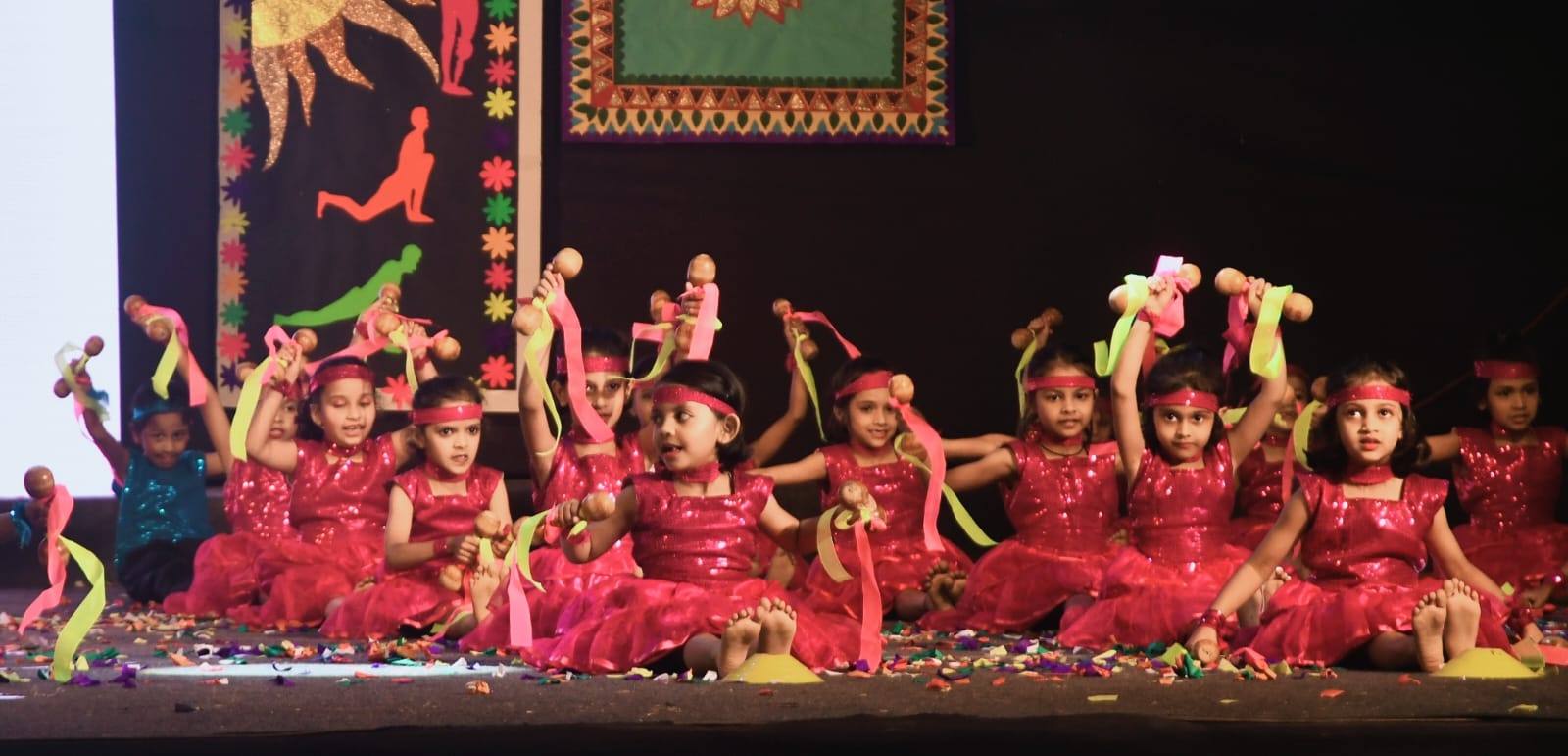Special Correspondent
Mumbai: A Pune-based school teacher, Farah Diba, has found herself at the center of a legal storm after she allegedly mocked India’s anti-terror military action, Operation Sindoor, on social media. The Bombay High Court has refused to quash the criminal case registered against her, ruling that while freedom of speech is a fundamental right, it does not extend to making remarks that could pose a threat to the nation’s unity, integrity, and sovereignty.
The controversy began after the deadly terror attack on Indian tourists in Pahalgam, which prompted the Indian armed forces to carry out Operation Sindoor—an aggressive response targeting terror infrastructure across the border. In the aftermath of this operation, Farah Diba, a resident of Margosa Heights in Pune’s Mohammadwadi area and a school teacher by profession, allegedly posted objectionable content mocking the mission on her WhatsApp status. She also reacted with a laughing emoji during a discussion in her housing society’s WhatsApp group about the operation, which further angered the other residents.
This act led to visible discontent among members of the society. Outraged residents staged protests and demanded action against her. Subsequently, a formal complaint was lodged at the Kalepadal Police Station, and a case was registered. Facing mounting pressure, Farah Diba approached the Bombay High Court seeking to quash the FIR filed against her. However, the court dismissed her plea, underscoring that freedom of expression is not an unrestricted right, particularly when the message in question carries anti-national sentiment or could disturb public harmony.
The bench, comprising Justice Ajay Gadkari and Justice Rajesh Patil, noted that the petitioner is a well-educated citizen and a teacher, and should have been aware of the impact such posts could have on society. The court emphasized that mocking the Indian Army or the Prime Minister of the country under the guise of free speech cannot be tolerated. It observed that such messages, particularly in today’s socially volatile environment, are not trivial and must be dealt with seriously.
During the hearing, Diba’s counsel argued that she had already deleted the controversial post, was under emotional stress due to her suspension from school, and had even issued a public apology. It was also brought to the court’s attention that she was not served a notice under Section 41-A of the Criminal Procedure Code before the registration of the case. However, the state government’s legal representatives strongly objected to these arguments, maintaining that her actions had caused unrest and could not be justified under the right to expression.
The court, in its remarks, stated that even though the chargesheet in the case had not yet been filed, the seriousness of the alleged offense prevented the court from entertaining her request to cancel the case at this stage. It further added that being an educated professional, she should have known the difference between constructive criticism and content that threatens the constitutional fabric of the country.
With the High Court’s decision, Farah Diba will now face trial under the relevant sections of Indian law. The case serves as a stern reminder that the misuse of digital platforms to spread content that can be deemed anti-national is not protected under the ambit of freedom of speech and will attract legal consequences.


















